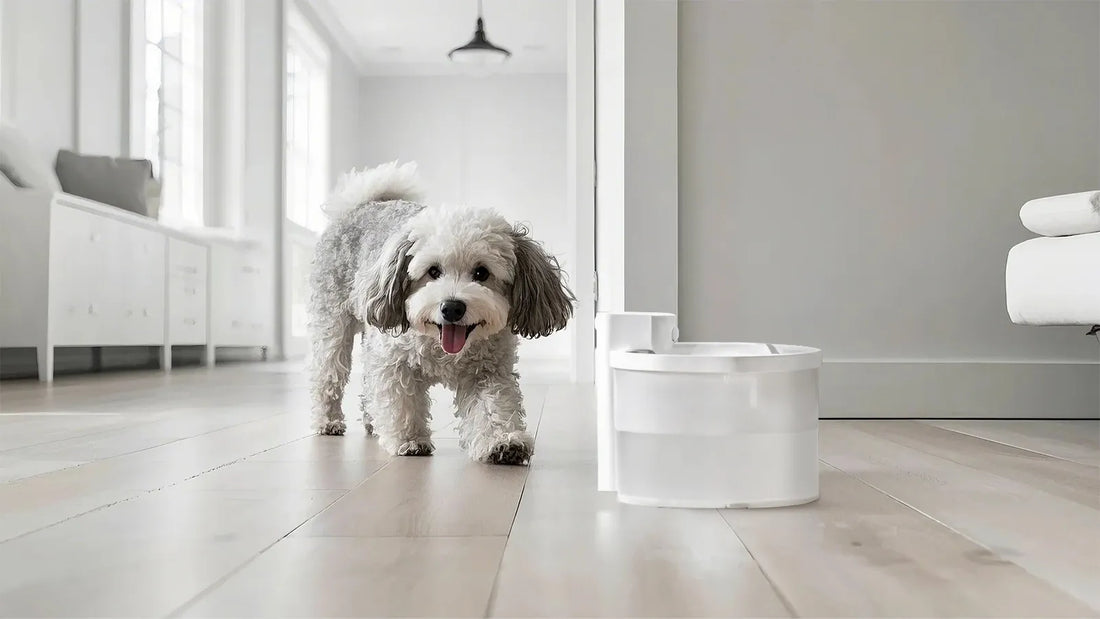Have you ever caught your dog sneaking into the litter box to snack on cat poop? While this behavior might seem bizarre and even disgusting to us, it’s surprisingly common among dogs. Understanding why dogs eat cat poop from the litter box can help you address the issue and ensure your pets stay healthy and happy.
The Science Behind the Behavior
Dogs are natural scavengers, and their ancestors relied on finding food wherever they could. This instinct can drive them to explore and consume things that humans find unappealing, including cat feces. Cat poop, in particular, is rich in protein and fats due to the high-protein diet of cats, making it an enticing snack for dogs.
Nutritional Deficiencies
One possible reason dogs eat cat poop is that they might be lacking certain nutrients in their diet. If a dog’s diet is deficient in essential vitamins or minerals, they may seek out alternative sources of nutrition. Cat feces, being rich in undigested nutrients, can appear as a quick fix to their dietary needs.
Curiosity and Exploration
Dogs are naturally curious creatures, and their sense of smell is far more advanced than ours. The strong odor of cat poop can pique their interest, leading them to investigate and sometimes consume it. This behavior is especially common in puppies, who are still exploring the world around them.
Attention-Seeking Behavior
Some dogs may eat cat poop as a way to get attention from their owners. If a dog notices that their owner reacts strongly to this behavior, they might repeat it to gain more attention, even if the reaction is negative.
Stress and Anxiety
Stress and anxiety can also lead dogs to engage in unusual behaviors, including eating cat poop. Changes in their environment, such as moving to a new home or the introduction of a new pet, can trigger stress-related behaviors.
How to Prevent This Behavior
Preventing your dog from eating cat poop requires a combination of strategies. First, ensure that your dog’s diet is well-balanced and meets all their nutritional needs. Regular vet check-ups can help identify any deficiencies that might be driving this behavior.
Next, consider the placement of the litter box. Keeping it in a location that is accessible to your cat but out of reach for your dog can help. You might also use baby gates or other barriers to restrict your dog’s access to the litter box.
Training is another effective approach. Teaching your dog commands like 'leave it' can help them resist the temptation to eat cat poop. Positive reinforcement, such as treats and praise, can encourage your dog to follow these commands.
Finally, consider using deterrents. There are products available that can make cat poop less appealing to dogs. These can be added to your cat’s food, and the resulting feces will have a taste that dogs find unappetizing.
Health Risks to Consider
While eating cat poop is generally not harmful to dogs, there are some health risks to be aware of. Cat feces can contain parasites, bacteria, and other pathogens that can be transmitted to dogs. Regular deworming and veterinary care can help mitigate these risks.
Additionally, if your dog consumes a large amount of cat litter along with the feces, it could lead to intestinal blockages. Monitoring your dog’s behavior and seeking veterinary advice if you notice any signs of illness is crucial.
When to Seek Professional Help
If your dog’s habit of eating cat poop persists despite your best efforts, it may be time to seek professional help. A veterinarian or a certified animal behaviorist can provide tailored advice and strategies to address the issue.
In some cases, underlying medical conditions or behavioral problems might be contributing to the behavior. A thorough evaluation by a professional can help identify and address these factors.
Understanding why dogs eat cat poop from the litter box is the first step in addressing this behavior. By taking a proactive approach, you can help your dog break this habit and ensure they lead a healthy and happy life.
If you’re struggling with this issue, don’t despair. With patience, consistency, and the right strategies, you can help your dog overcome this behavior and enjoy a cleaner, healthier home.













